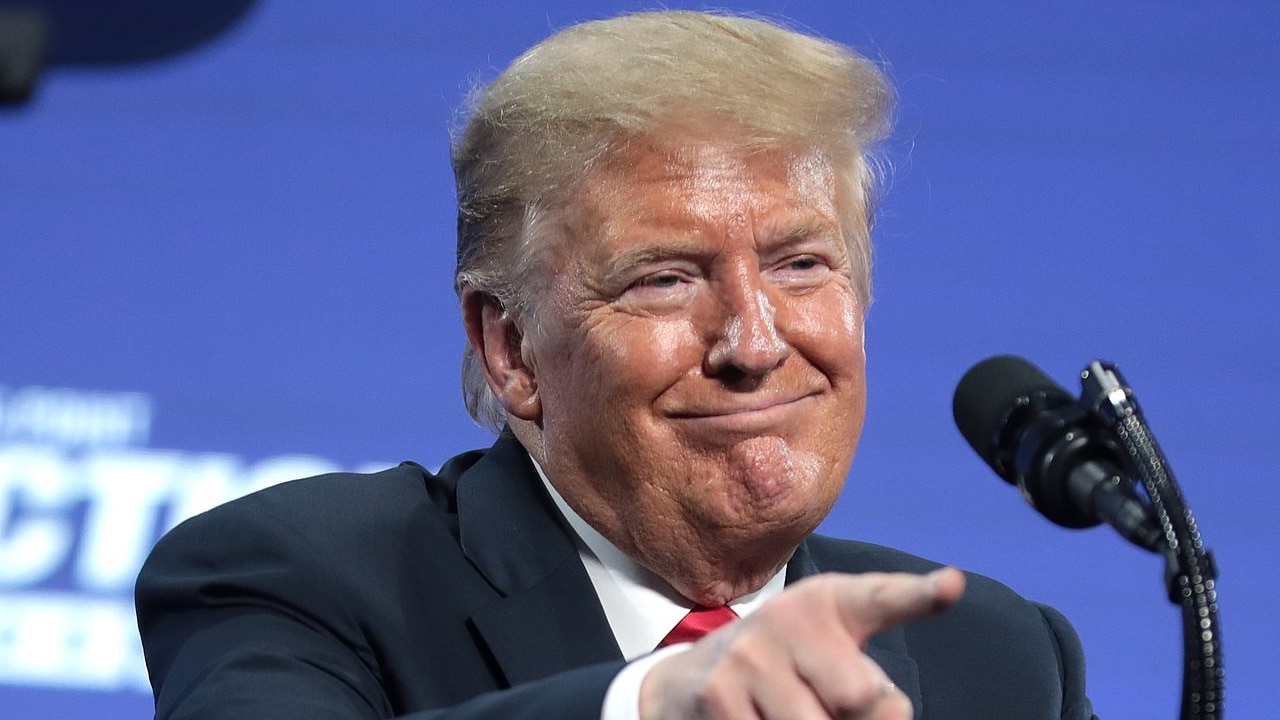Former President Donald Trump has made a direct appeal to autoworker union members, urging them to pressure their leadership to endorse his candidacy for the upcoming presidential elections. This move aimed to seize the limelight as several Republican contenders engaged in the second GOP debate, taking verbal jabs at Trump’s absence. Ron DeSantis, among others, criticized Trump for being “missing in action.”
Trump’s Mockery of Biden’s Green Economy Push
While speaking at the premises of a non-union company, Trump took aim at President Joe Biden’s drive for a green economy, contending that such an approach would detrimentally impact traditional jobs. He appealed to the autoworkers, stating, “Your leadership should endorse me.” Trump also downplayed the suitability of electric vehicles (EVs) for longer trips, despite data indicating the average range of EVs sold in 2023 was 290 miles.
The Battle for Union Endorsement
Shawn Fain, President of the influential United Auto Workers (UAW) union, previously criticized Trump, accusing him of being aligned with the billionaire class and prioritizing their interests over workers. In the past, the UAW endorsed Biden, citing the need for stable leadership and protection of workers’ rights. However, the UAW is withholding an endorsement for the 2024 presidential election until concerns regarding the auto industry’s shift to EVs are addressed.
Tw0-Faced Donald Trump’s Persuasion Tactics Did Not Tell Full Story
Susan J. Schurman, a Ph.d. Distinguished Professor at Rutgers University’s Department of Labor Studies and Employment Relations suggested that Trump’s persuasion attempts with UAW members had been less than honest, telling 19FortyFive: “Trump understands that Michigan is a key ‘battleground state’ in 2024 election and auto workers/UAW members are a significant share of the electorate.
“At a non-union facility he tried to persuade auto workers that voting for Biden would mean future electric car production would move to China while he would keep the jobs in the US. He failed to mention that those jobs would be located in “right-to-work” states with no unions and hence lower wages,” Schurman, who is also President of the International Federation of Workers Education Associations, went on.
“He also forgot to mention that he blamed auto workers’ pay for GM’s and Chrysler’s (now Stellantis) bankruptcies in 2009.”
Union Leaders’ Criticisms and Trump’s Response
Fain further lambasted Trump’s track record with automotive unions, particularly highlighting the irony of Trump holding a rally for union members at a nonunion business. Responding to these criticisms, a Trump spokesman criticized the political leadership of certain labor unions and emphasized Trump’s commitment to American workers. Trump accused UAW leaders of failing their members and urged the union to endorse him, asserting that autoworkers would be at a disadvantage if they did not.
Controversy Over EV Transition
The UAW has been concerned about transitioning traditional auto workers to new roles in the EV industry, fearing potential job losses due to the mass adoption of EVs. This concern has led to the UAW withholding an endorsement for the upcoming election until clarity is obtained regarding the transition.
Trump’s visit to Michigan coincided with a UAW strike against major auto companies: General Motors, Ford Motor, and Stellantis. The strikes, initiated due to failed contract negotiations, involve a significant portion of the UAW’s members and underscore the ongoing battle for union endorsement in the upcoming elections.
In this political landscape, Trump’s appeal to autoworkers and criticism of Biden’s policies showcase the strategic moves to secure support within the crucial autoworker demographic. The battle for the UAW’s endorsement remains a focal point in this electoral race, indicating the significance of organized labor in influencing political outcomes.
Georgia Gilholy is a journalist based in the United Kingdom who has been published in Newsweek, The Times of Israel, and the Spectator. Gilholy writes about international politics, culture, and education.
From the Vault

